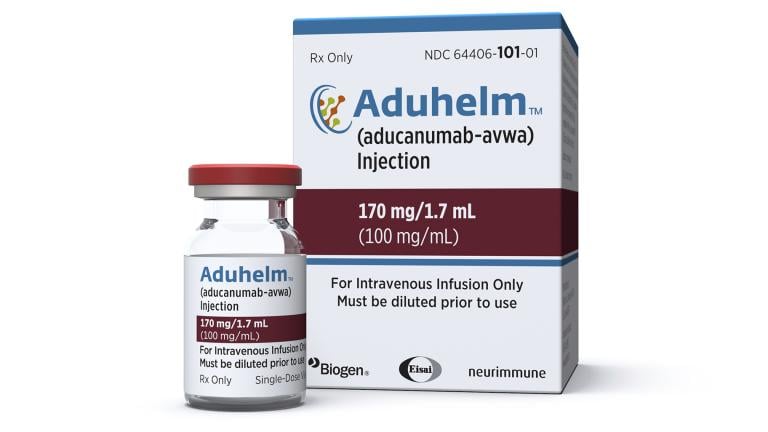Latinos are 50 percent more likely to develop Alzheimer’s disease than their white counterparts, and researchers at Rush University Medical Center are trying to find out why.
According to a study by the University of Southern California, the number of Latinos with the disease is expected to increase by more than 800 percent by the year 2060.
Researchers at Rush have now launched a unique cohort study called Latino Core to find out more about the aging process and risk factors for Alzheimer’s in older Latinos.
David Marquez is the lead investigator for the study. He says that one of the reasons for the huge projected increase in the number of Latinos with Alzheimer’s is in part simply that there are now more older Latinos living in the United States.
“So the sheer number plays a role,” said Marquez. But that is far from the end of the story.
“There is a relationship between chronic diseases and Alzheimer’s disease,” said Marquez. “We know that Latinos have higher rates of diabetes and hypertension and those can put more people at risk.”
Perhaps surprisingly, a person’s level of educational attainment may also be a factor.
“Unfortunately, people with low levels of education tend to have a higher risk of Alzheimer’s disease,” said Marquez. “There’s a (concept) of cognitive reserve and so the extent to which you are able to challenge your brain throughout your life – which is beneficial to the development of the brain -- that gives you a reserve in later years.”
While the risk of developing Alzheimer’s is high for Latinos, Marquez said that it is even higher for African-Americans.
“So there is something going on in our society,” said Marquez. “A lot of times education plays a role in this, lifestyle behaviors and other things like stress and depression.”
Although there is as yet no cure for Alzheimer’s, studies do show that there are activities which reduce a person’s risk of developing it.
“Rigorous data shows that the more that we exercise the more we reduce our risk of getting Alzheimer’s disease. The foods that we eat play a role in Alzheimer’s. The way in which we use our brain. The constant use of our brain. All of that matters,” said Marquez.
“We can never do anything to completely remove the chance that it is going to happen but we can do a lot to reduce our risk.”
Marquez joins Eddie Arruza to discuss Alzheimer’s and the Latino Core study at Rush University Medical Center.
Follow this link to a free clinical trials matching service that connects individuals with Alzheimer’s, caregivers and healthy volunteers to current studies in their area.
Related stories:
State Creates Program to Find Missing People with Alzheimer’s Disease








